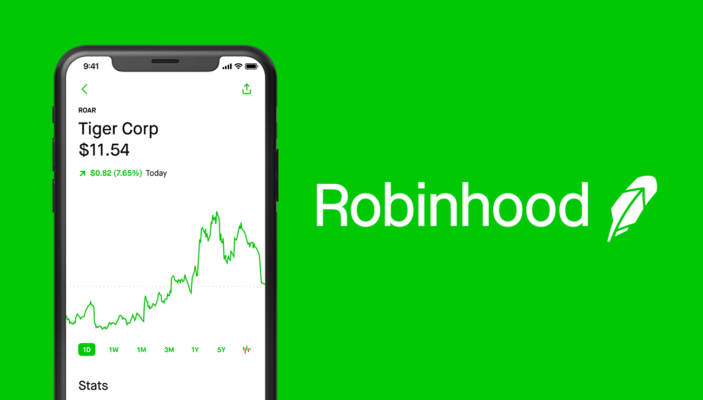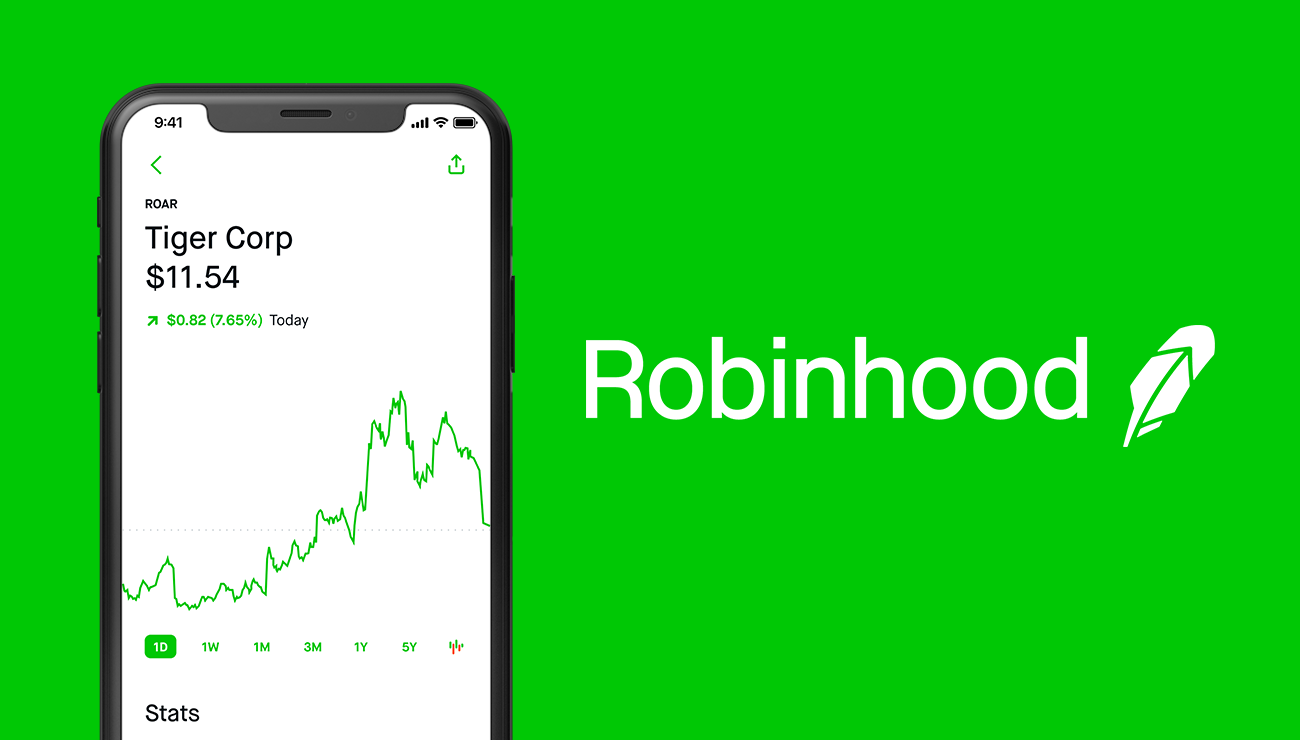Robinhood, despite offering commission-free stock trading, does generate revenue through a variety of means. Here’s a breakdown of their key income streams:
Payment for Order Flow (PFOF): This is the biggest slice of the pie for Robinhood. When you place an order on the platform, it’s routed to market makers who execute the trade. These market makers pay Robinhood a small rebate (a fraction of a cent per share) for directing the order flow their way. While minimal per trade, the volume of trades on Robinhood adds up to a significant revenue stream.
Robinhood Gold Subscription: For a monthly fee, users gain access to premium features like margin investing, research reports, and advanced charting tools. This caters to more active traders willing to pay for additional functionality.
Margin Interest: Users borrowing money to buy stocks (margin trading) pay interest on the loan amount. This provides another source of income for Robinhood.
Securities Lending: Robinhood lends out shares held by its users to institutional investors in exchange for a fee. This can generate passive income while still allowing users to hold and trade their shares.
Income from Uninvested Cash: Robinhood earns interest on uninvested cash balances held in users’ accounts by depositing them into interest-bearing bank accounts. While the rates are typically low, the sheer volume of cash can translate to meaningful earnings.

Cash Management: Robinhood offers a debit card linked to eligible users’ brokerage accounts. When users spend with the card, Robinhood receives interchange fees from merchants, similar to what other debit card issuers do.
Other Sources: There are smaller revenue streams for Robinhood as well, like options trading fees and cryptocurrency transaction fees on their Robinhood Crypto platform.
It’s important to note that PFOF has attracted some controversy, with critics arguing it can lead to inferior trade executions for users as market makers may prioritize their own interests over getting the best price for the trade. Robinhood maintains that they route orders to reputable market makers who provide competitive pricing, but the debate continues.
Overall, Robinhood’s success relies on a diverse set of income streams beyond just commission-free trading. Understanding these income sources can help you make informed decisions about whether the platform is the right fit for your investing needs.
I hope this complete information on Robinhood’s revenue model is helpful! Let me know if you have any further questions.

